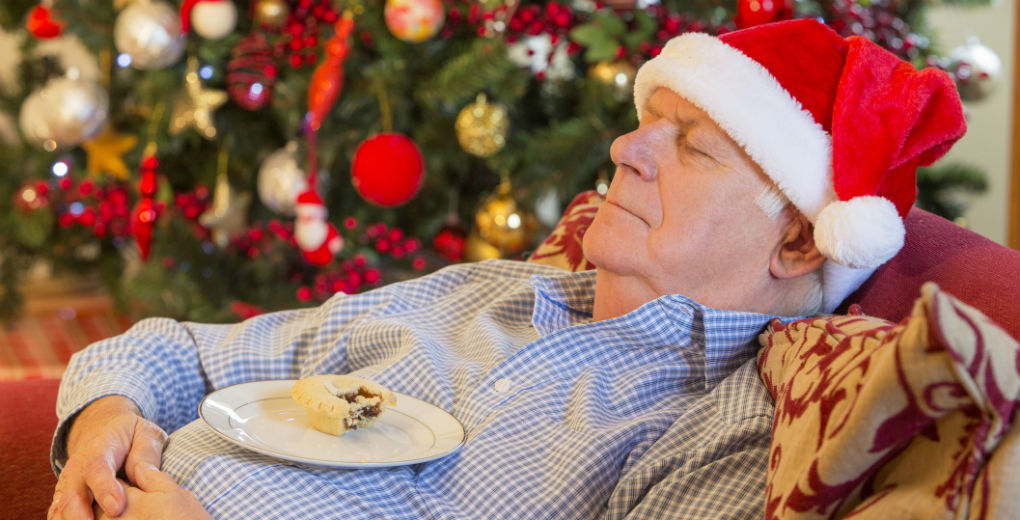Have Yourself a Less Wasteful Christmas
UK homes throw away a staggering seven million tonnes of food and drink every year, most of which could have been eaten.
Wasting food costs the average household £470 a year, with over two thirds (68%) of people surveyed admitted to having thrown food away in the past month – most commonly because it is past its ‘use by’ date.
Unsurprisingly, households can be particularly wasteful over the festive period as the number of people we cook for multiplies – nearly a third (29%) of people prepare Christmas dinner for more than seven guests.
While there’s no doubt roasting the turkey and preparing all the trimmings is a stressful task, the Food Standards Agency (FSA) is giving advice on easily reducing Christmas food waste.
So can you freeze your turkey leftovers? Delivered by the ‘FSA Freezer Fairy’, follow these top tips to have a less stressful, and wasteful, Christmas…
- Planning
With different defrosting and cooking times for every element of your dinner, planning with military precision ensures nothing ends up undercooked, burnt, or, ultimately, in the bin.
As well as timings, you should plan out portion sizes before you shop to avoid the temptation of over-filling the fridge.
You could also make better use of your freezer by getting some cooking done weeks in advance and freezing it. Vegetables including potatoes, carrots, parsnips and sprouts can all be parboiled before frozen in an airtight container, making them faster to cook on the big day.
It’s also fine to roast your turkey in advance and refreeze it once cooked, although pre-cooked meat should only be reheated once.
- Freezing ‘myths’
Over a third (38%) people surveyed incorrectly believed you can’t refreeze meat after it has been cooked, while 36% wrongly thought food can become unsafe to eat after being in the freezer.
Dr Kevin Hargin, from the FSA, explains: “The freezer is like a pause button, so you can freeze foods right up to the ‘use by’ date. While food is kept safe in the freezer, it’s the quality that deteriorates over time, so we recommend eating it within three to six months and checking for any freezing instructions on the packaging.
“Once defrosted, the pause button is off, so defrost food as and when you need it and eat it within 24 hours of it being fully defrosted.”
It’s a good idea to date and label food in your freezer so that you know how long ago it was put in there.
- Defrosting
Talking of defrosting food, always allow enough time to follow the defrosting instructions on packaging. While getting things out in advance can be a timesaver, remember defrosted food should be eaten within 24 hours.
Ensure your turkey is fully defrosted before cooking as a partially defrosted joint my not cook evenly throughout, and harmful bacteria could remain inside. Once cooked, there should be no pink meat in the thickest parts and all juices should run clear.
- Leftovers
Over 54% of people admit to feeling guilty when they throw uneaten food away. Reduce festive guilt by ensuring leftovers don’t go to waste; cool and cover them before storing in the fridge or freezer within 1-2 hours.
You could make your leftovers into new meals, such as curry or casserole – this can also be frozen, even if the turkey you are using was originally frozen. Just make sure that any leftovers are thoroughly defrosted and reheated until steaming hot.

